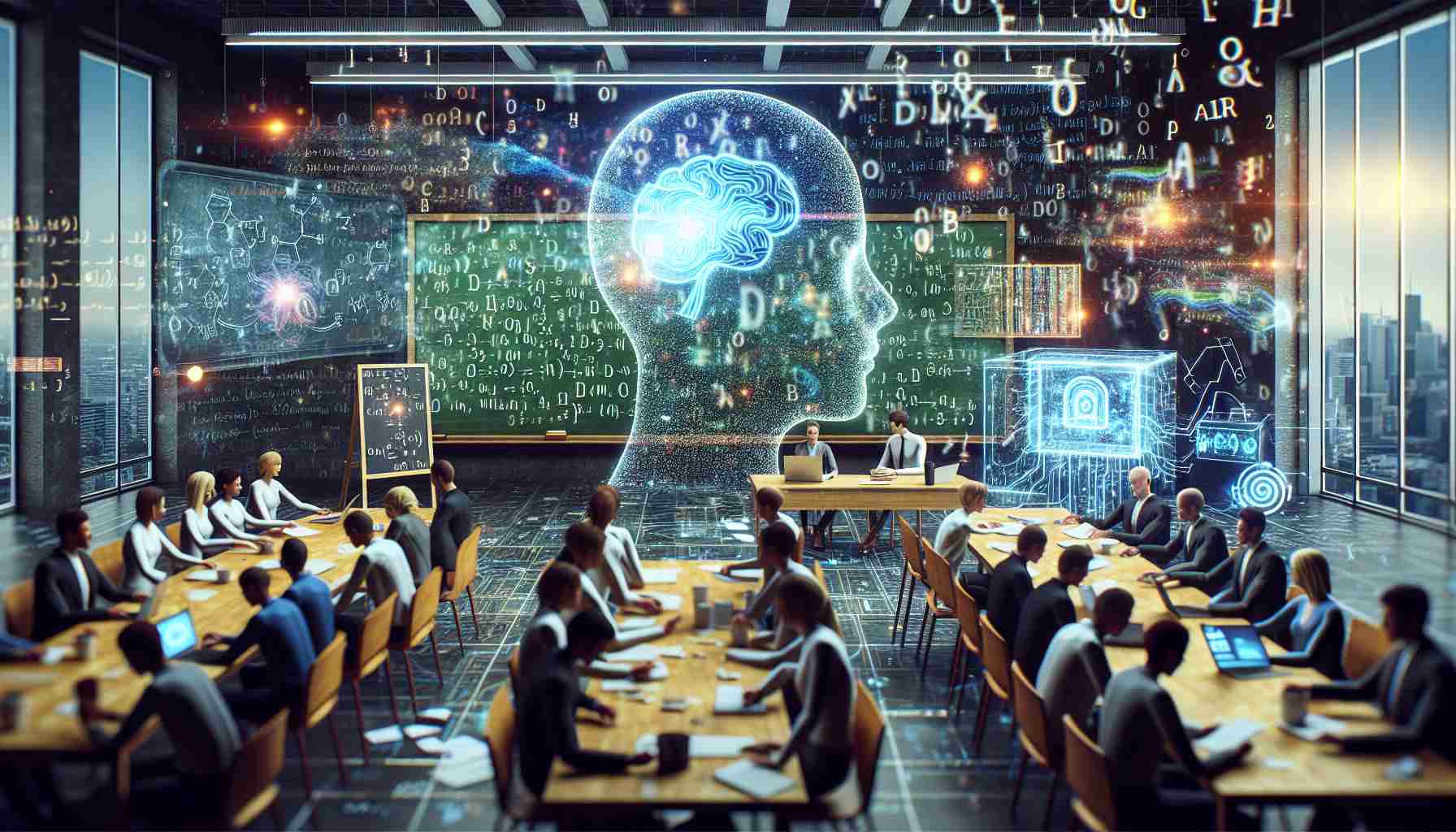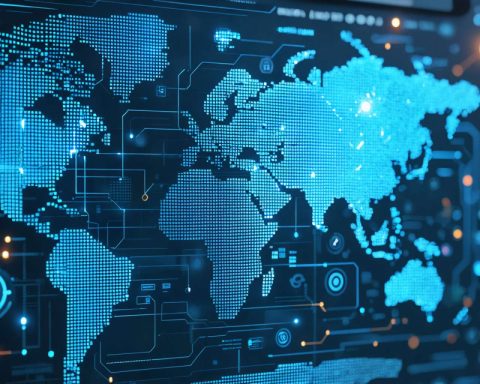In recent years, OpenAI has become a pivotal name in the realm of artificial intelligence, but who exactly is behind this revolutionary organization? OpenAI was founded in December 2015 by a group of high-profile entrepreneurs and researchers dedicated to the development of friendly AI for the betterment of humanity. The founders include prominent figures such as Elon Musk, Sam Altman, Greg Brockman, Ilya Sutskever, Wojciech Zaremba, and John Schulman.
The inception of OpenAI was driven by a shared belief in the potential benefits and risks associated with artificial intelligence. Elon Musk, well-known for his leadership roles at Tesla and SpaceX, has always been vocal about both the promise and dangers of AI technologies. On the other hand, Sam Altman, who was the president of the prestigious startup accelerator Y Combinator at the time, brought his experience of nurturing innovative technologies to the table.
This distinguished group of founders sought to ensure that AI development would occur safely and ethically. With this mission, they established OpenAI as a nonprofit, focusing on long-term research and transparency in its operations and publications. Today, OpenAI has transitioned to a capped-profit model to balance sustainable funding with its foundational ethical goals.
OpenAI’s journey from its foundational vision to the cutting-edge AI advancements we see today is a testament to the foresight and collaboration of its founders. Their initial vision continues to steer OpenAI’s efforts in pioneering AI research and technology development, impacting areas from advanced language models to robotics.
The Untold Impact of OpenAI: How It Shapes Our World Today
OpenAI, founded by tech luminaries like Elon Musk and Sam Altman, has moved beyond its origin story to become a transformative force in AI. Yet, what’s often overlooked is how its innovations ripple through society, shaping daily life and economic landscapes.
One striking innovation is OpenAI’s ChatGPT model. It’s been integrated into diverse applications, from customer service to creative writing, profoundly affecting industries and how we interact with technology. The shift towards AI-driven services promises efficiency but also raises questions about automation’s impact on jobs. Does it improve workforce productivity or displace workers?
Another area where OpenAI has left a significant mark is accessibility to advanced AI tools. By open-sourcing its research and technology, OpenAI democratizes AI, allowing even small businesses and individual developers to innovate using world-class AI capabilities. This accessibility sparks new entrepreneurship opportunities globally but also leads to ethical concerns about AI misuse.
Countries face challenges too. As OpenAI pushes the frontiers of AI, nations grapple with how to regulate the technology. Striking a balance between fostering innovation and ensuring security and privacy remains a controversial topic as AI pervades numerous sectors.
Are these developments beneficial or potentially harmful? OpenAI’s commitment to ethical concerns sets a precedent, but the global community must work collaboratively to navigate these uncharted waters.
For more insights on OpenAI, visit the OpenAI website to explore their latest advancements.







